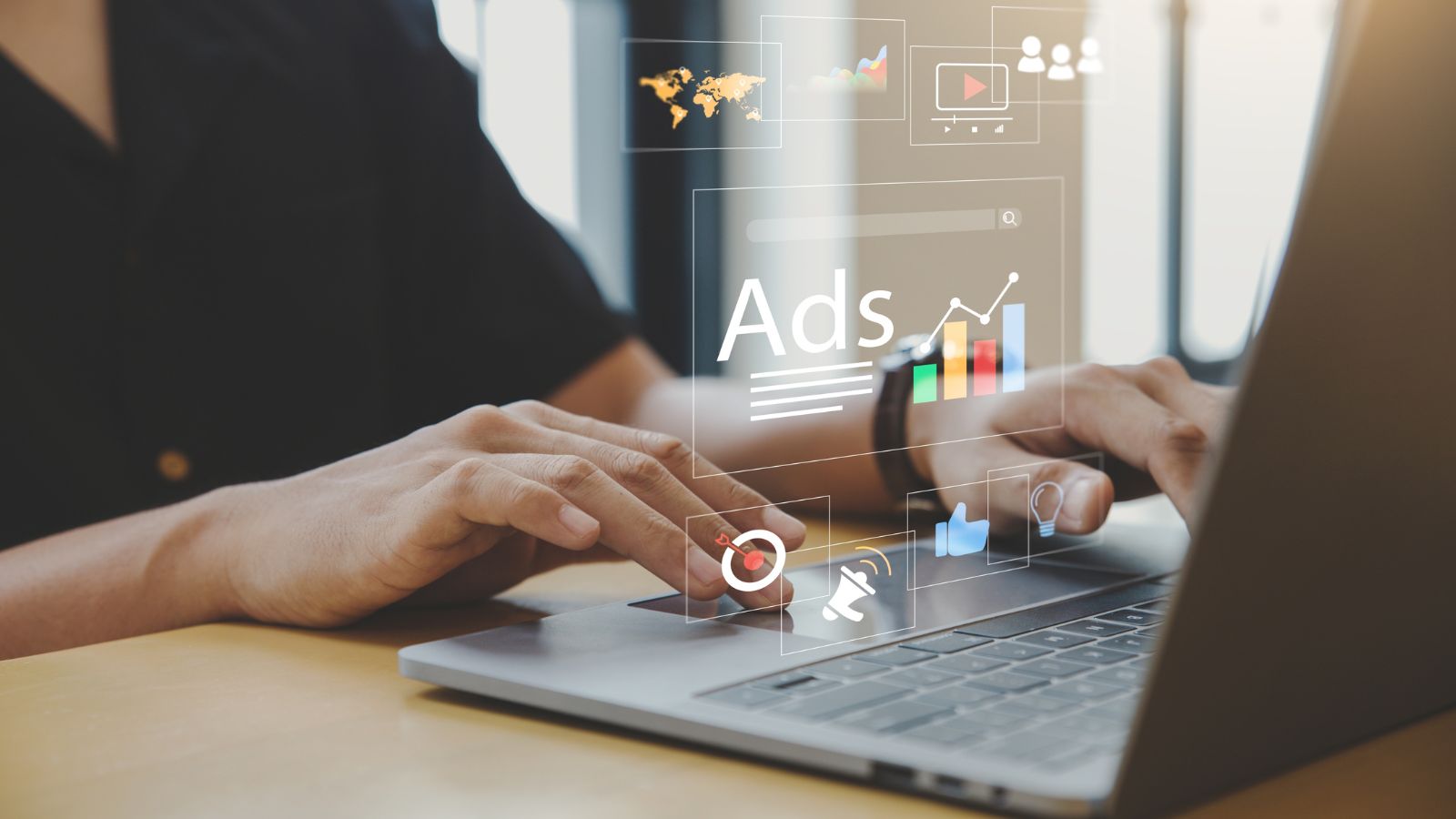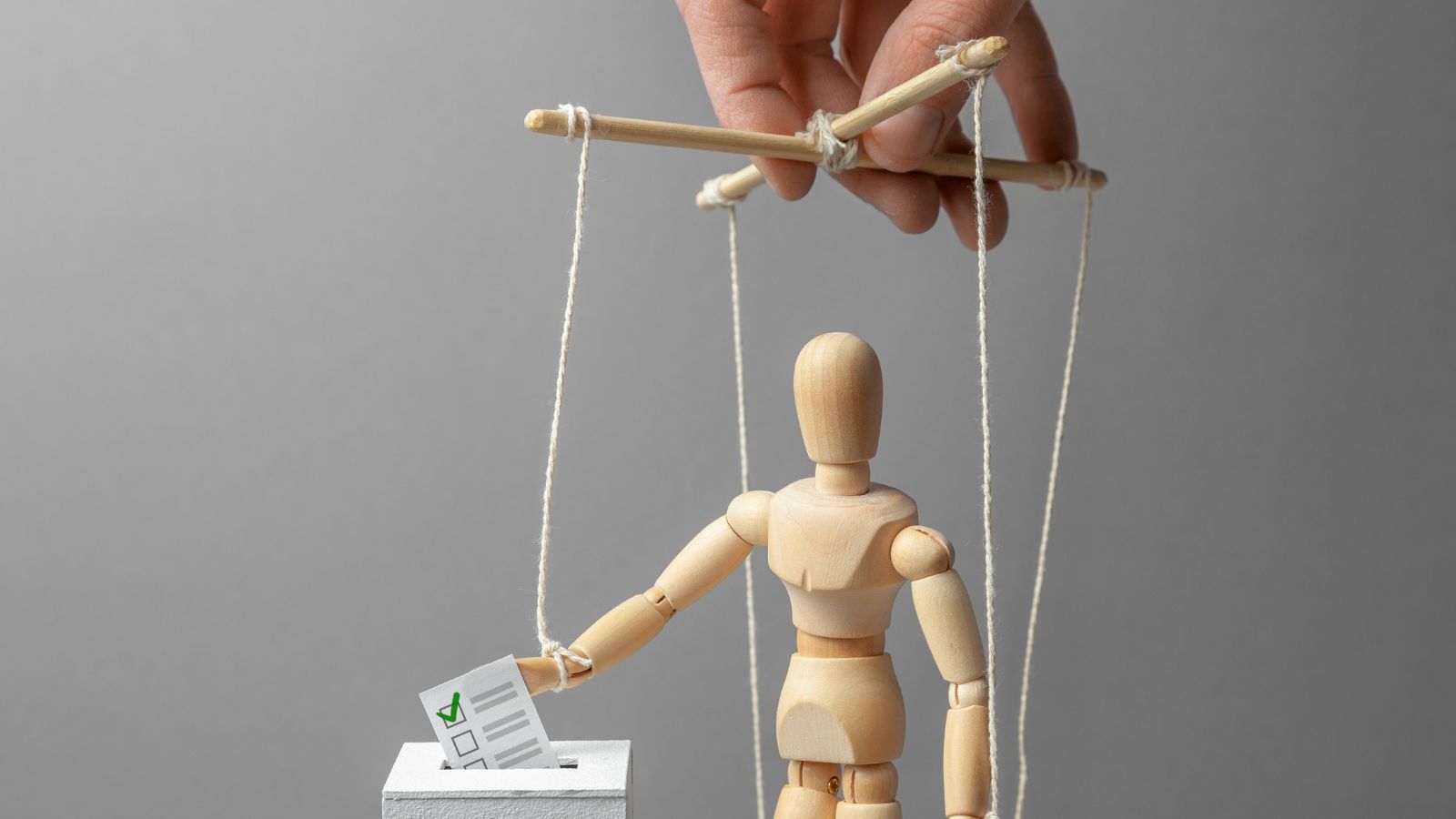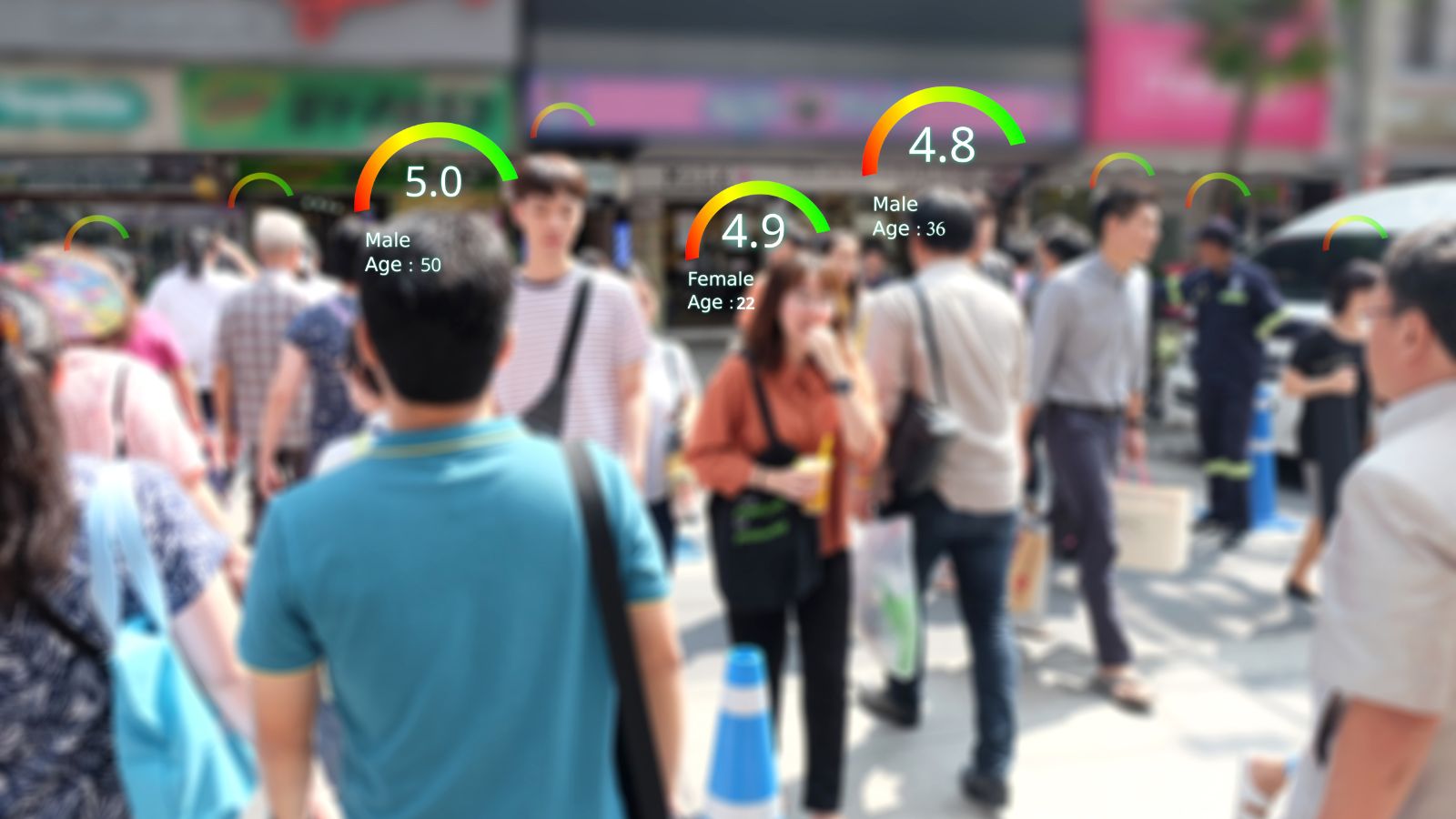As you go about your business on your preferred app, an advertisement appears as if it has read your thoughts. Have you ever wondered how that comes about? It’s big data, not magic. Whether we are aware of it or not, the digital world continuously gathers, evaluates, and uses our personal information in ways that are beyond what we could ever imagine. The subtle and occasionally terrifying ways in which this data can be utilized against us are more frightening.
Let’s examine some startling habits that may cause you to second-guess yourself the next time you click “Accept All Cookies.”
Targeted Ads

Businesses create highly targeted advertisements that follow you online using your data, including search searches and browsing history. When you start seeing advertisements for something you’ve only considered purchasing, it’s not a coincidence. Sometimes, big data is more familiar with your habits than you are.
Price Discrimination

Have you ever noticed that the cost of a hotel or a flight seems to vary every time you look? This is because businesses utilize big data to customize rates according to your browsing habits. While some people receive discounts, others may experience higher pricing if they are regular searches or from a particular area. They’re charging you extra because of what they know about you.
Job Application Bias

Automated hiring algorithms review resumes for keywords and evaluate your past, education, and even social media activity using big data. A job offer may slip through your fingers due to biased hiring decisions, where algorithms may take precedence over qualifications.
Predictive Policing

Law enforcement utilizes big data in addition to sales and marketing. Predictive policing methods, which analyze crime data to predict potential crime scenes, might be helpful. However, these algorithms have the potential to disproportionately target particular areas and reinforce socioeconomic and racial biases.
Health Insurance Premiums Based on Habits

Certain health insurance companies can use your supermarket purchases and fitness app usage data to analyze your lifestyle choices. Depending on their assessment of your health, they may change your premiums. This is a nightmare for privacy disguised as a “wellness benefit.”
Manipulating Voting Behavior

Political campaigns are masters of big data, using it to affect voting behavior by targeting indecisive voters with particular commercials. They can also influence opinions by analyzing personal data to determine the most effective emotional triggers, often taking advantage of personal anxieties and vulnerabilities.
Monitoring Employee Productivity

Employers are increasingly using big data to track employee activities, including keystrokes and time spent on particular tasks. Although the goal is to increase productivity, this can also result in a culture of surveillance where every action is monitored, which frequently causes stress rather than improving performance.
Social Credit Systems

Social credit systems are being developed using big data, primarily in China, to assign individual scores based on their conduct. These ratings provide social control that blurs the border between individual freedom and state surveillance, impacting everything from loan eligibility to job possibilities.
Selling Your Data to Third Parties

Businesses gather your information, which they frequently sell to outside parties without getting your permission. These buyers may not be thinking about you in the greatest way possible. They might be marketers, but occasionally, dubious organizations are using your data for financial gain.
Algorithmic Manipulation of News Feeds

Your news feed is managed by algorithms that determine what information you view, so it’s not just a representation of what’s happening worldwide. These algorithms use your data to display content most likely to interest you, which may result in information bubbles or even the spread of false information.
Digital Reputation

Reviews and social media posts about you are being monitored and evaluated for your internet reputation. Based on this information, potential employers, landlords, and even dates may be forming impressions about you. A negative online reputation is difficult to overcome, even if it is the result of inaccurate or incomplete information.
Predicting Your Breakup

When big data is taking over every aspect of life, how can it not influence our interpersonal interactions? Certain businesses claim to be able to use trends in online interactions to predict the chance of a breakup. Imagine being targeted for therapy or breakup counseling just because an algorithm thinks your relationship is unstable.
Facial Recognition and Surveillance

Airports and concerts are starting to use facial recognition technology more often. Even though it can appear practical, it’s a nightmare for privacy. Your face is monitored as data everywhere you walk, frequently without your awareness or consent.
Customized Education Paths

Educational platforms design individualized learning pathways by using big data more often. This can lead to better results, but it also implies that information about your learning capacity is being utilized to form your future. What happens if the system makes a mistake and the choice made by an algorithm limits your potential?
Insurance Risk Analysis Beyond Health

Auto insurers and health insurers are also using big data. They may raise your premiums based on information from your driving applications or even the GPS tracking in your vehicle. Even something as basic as applying too much brake pressure could increase expenses.
Manipulative Shopping Experiences

Retailers use data to manipulate your purchasing decisions. Your behavior is continuously being examined and nudged in ways you are unaware of, from displaying things you are more likely to purchase to expertly arranging items in a store.
Credit Scores from Social Media

Unbelievably, some lenders are investigating the possibility of using social media behavior analysis to determine creditworthiness. Your late-night tweets or pictures may impact your capacity to obtain a loan from that exciting trip.
Exposing Personal Secrets

Big data may reveal things you would like to keep hidden. Examples include situations in which targeted advertisements based on people’s internet searches have disclosed their health issues or pregnancy—sometimes even before they have informed close relatives or friends.
Decision-Making Algorithms in Courts

There are some places where recidivism rates in criminal cases are predicted using big data. Although these prediction models aid courts in determining parole or punishment, they are frequently biased and result in unfair treatment based more on an algorithm than the facts of a case.
Conclusion

Big data impacts practically every part of our lives, frequently without our awareness or agreement. It isn’t just used to help businesses sell more products or improve the usability of apps. Even though technology can be pretty helpful, it also has a negative side that compromises our privacy, influences our choices, and even changes how society functions. When you sign those terms and conditions again, remember that big data is challenging and can harm your professional interests.
18 Reasons Why People Are Leaving Florida in Masses

Exploring factors that impact the desirability of living in Florida, this list delves into various challenges shaping residents’ experiences. From environmental concerns like rising sea levels to economic factors such as fluctuating job markets, these issues collectively contribute to a nuanced understanding of the state’s appeal.
18 Reasons Why People Are Leaving Florida in Masses
